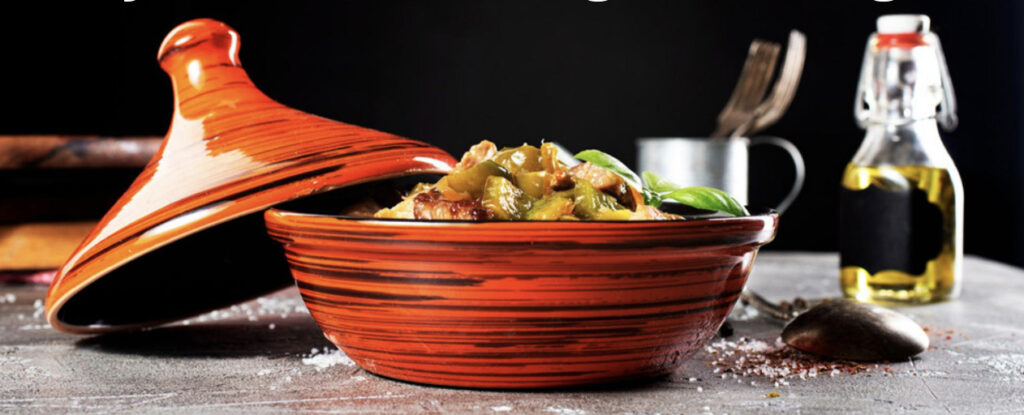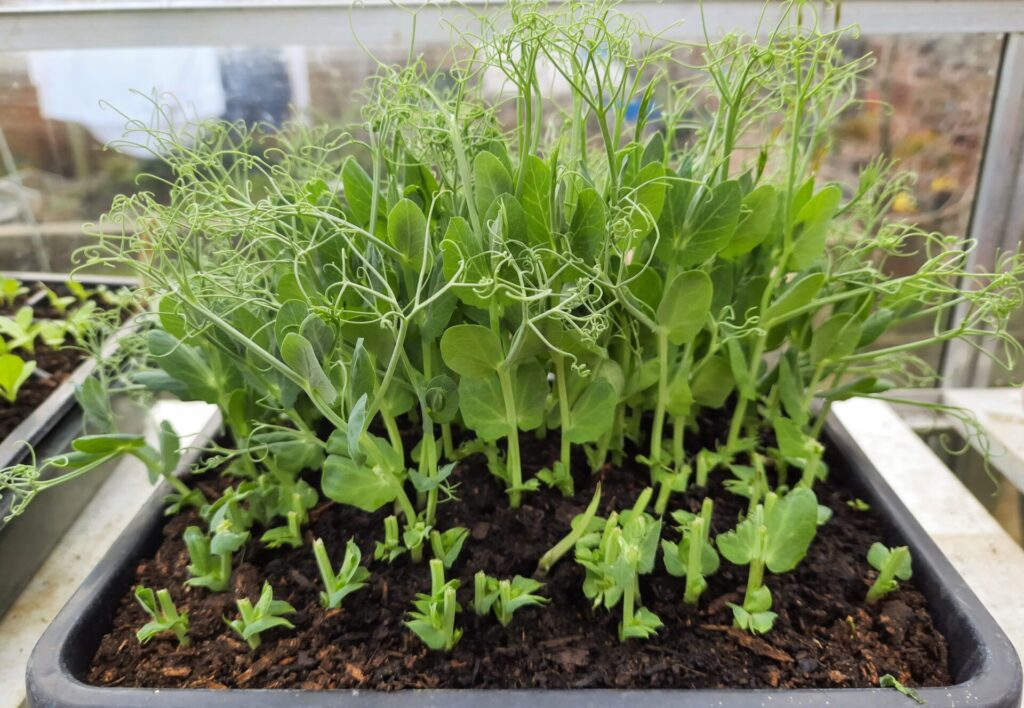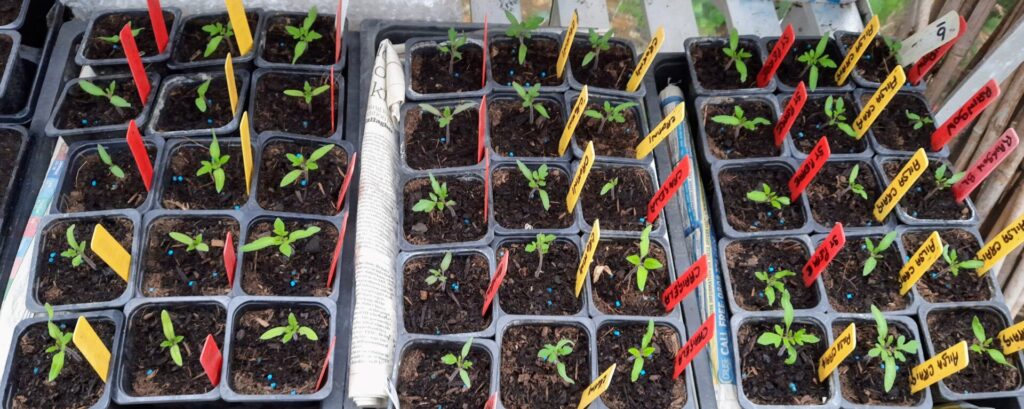Following the successful prosecution of a Dorset gamekeeper for rural crimes, Andrew Livingston spoke to the RSPB about the scale of the issue

Image: Johanna Dollerson
At the start of the 19th century firearms technology had developed sufficiently to create an opportunity for commercial shooting of game birds in the countryside. Many of the large estates that you walk and visit today were originally designed with the intention of shooting pheasant, partridge, duck, geese, grouse or snipe.
Landowners began planting woodlands around picturesque settings from where the birds would be ‘driven’ towards a row of guns, to be shot for sport.
Whatever your view on it, shooting is undeniably big business across the whole country – including in Dorset. With the amounts of money invested in commercial shoots, gamekeepers are under increased pressure to ensure as many of the game birds survive to adulthood as possible and make it to flight on shoot days.
These birds, which are bred for shooting, are not at the top of the food chain in the wild and are frequently hunted by our native birds of prey such as buzzards, harriers, eagles and kites. These birds, known as raptors, have been protected from persecution since the Wildlife and Countryside Act of 1981, meaning gamekeepers have no powers within the law to protect their game birds against their predators.
Data collated in 2021 by the RSPB (Royal Society for the Protection of Birds) showed that 71 per cent of all raptor persecution in the UK occurred at the hands of gamekeepers on private or commercial shoots. The same data showed that Dorset was one of the worst counties for the persecution of raptors.
Earlier this year, Paul Allen, the gamekeeper for the Shaftesbury Estate Shoot pleaded guilty to seven offences relating to rural crimes, two of which resulted from the discovery of six dead buzzards after a search of his site.
‘It began in 2020, actually,’ Jennie Shelton, media liaison officer for the RSPB Investigations Team, told The BV: ‘It began in 2020, when a walker found a dead kite and was concerned that the rat had been poisoned and used as bait.’
Dorset Police’s forensics team found that the kite and the rat were both poisoned with Brodifacoum, said to be one of the strongest rodenticides on the market. With this evidence, the police had suspicions that the kite was poisoned deliberately.
‘We got involved [at] that stage.’ says Jenny. ‘We give advice and so, when the search of the land took place, our RSPB Investigations Team was included, along with Natural England, the National Wildlife Crime Unit and Dorset Police.
‘On that search, they discovered dead buzzards – six of which had been shot and the remains of three more in a fire. There was also an array of poisons, many of which were banned substances, stashed away.’
The search also revealed a loaded shotgun which was left behind a kitchen door, in breach of Allen’s firearms licence.

Condemned by his community
Post-mortems on the buzzards found that they were shot rather than poisoned and Allen was never charged with causing their deaths, only for storing their bodies. For his crimes, Allen was sentenced to 15 weeks in prison, suspended for 12 months, and fined more than £2,000. There were mitigating factors in the sentencing. Allen had lost his wife to cancer around the time of the investigation, and the court deemed that a custodial sentence would have had a significant detrimental impact on his two daughters.
Jenny Shelton believes that the sentencing was typical for crimes of this nature.
She says: ‘I think only one person has ever been jailed for a raptor crime. What we find generally is that it might be a first offence, or they might have good character.
‘Our concern is that this might not be much of a deterrent for other people committing these crimes. [The fine] is not a huge amount if you consider the scale of some of these shoots.’

She is concerned that the UK’s sentencing guidelines do not allow magistrates to impose stronger penalties.
Even within his own community, Paul Allen was condemned. The National Gamekeepers Organisation suspended Allen’s membership and later expelled him from the organisation.
The organisation declined an opportunity to speak with The BV, but states on its website: ‘We have a no-tolerance approach to any kind of wildlife crime and we expect our members to adhere to the Code of Good Shooting Practice.’
Since the COVID outbreak, there has been a spike in cases of raptor persecution, which mainly include shooting, trapping or poisoning.
Jenny fears that these reported cases are the tip of the iceberg: ‘It’s hard to say whether it’s getting worse or better because what we’re detecting is probably just a fraction of what’s happening.
‘I think what is really needed is an overhaul of the system. Instead of targeting the gamekeepers, who are usually the guys committing the crimes, it is important to impose a greater deterrent on the employers or the estates.’

White-tailed eagle death
Natural England, which assisted in the search of Paul Allen’s property, commented after the sentencing: ‘We are extremely pleased that he has been held to account for his appalling offences against wildlife.
‘This case, and the death in Dorset of one of the stunning white-tailed eagles reintroduced to the Isle of Wight, are clear examples of a bigger problem: the widespread misuse and abuse of poisons in the countryside, which are killing birds of prey and pose ongoing risks to the public.’
According to the RSPB, the white-tailed eagle was found dead on the same Shaftesbury Estate, after the investigation had started, and had also been poisoned by Brodifacoum.
As a result of habitat change and unchecked hunting, by 1918 there was just one single lonely white-tailed eagle male flying in the UK. He was shot and killed and the birds were officially extinct on our shores until a re-introduction programme began in the 1980s. The satellite-tracked eagle, which had been released on the Isle of Wight, was found dead in 2022.
‘We don’t know where it picked up the poison,’ says Jenny. ‘It had spent time on several pheasant estates in the days leading up to his death and it hasn’t been possible to identify a suspect.’
A scheduled police search of the estate was cancelled.
‘Basically that was the end of the investigation.’ says Jenny. ‘There’s clearly an issue with rodenticides being used. They may or may not be used to target birds of prey, but they’re certainly getting into their food chain and they are killing these birds.
And that’s a crime.’













